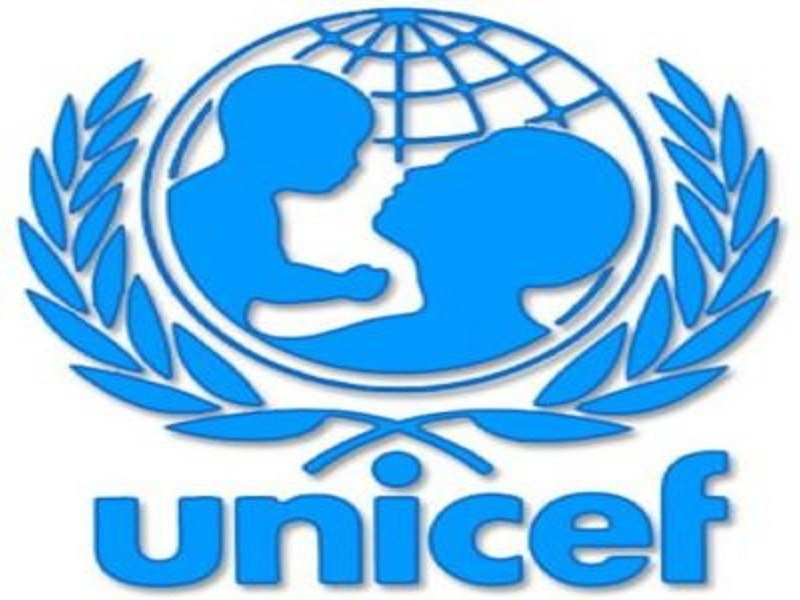WASH Manager, UNICEF Nigeria, Mamita Bora Thakkar made this known, Thursday in Enugu during an event organized to mark the 2020 Menstrual Hygiene Day themed: Menstrual Hygiene Management: It’s Time for Action.
According to Thakkar, it has become imperative to realize that menstrual hygiene is fundamental to the dignity and wellbeing of women and girls and an important part of the basic hygiene, sanitation and reproductive health services to which every woman and girl has a right.
She noted that addressing menstrual hygiene can impact the achievement of several SDGs, especially those related to Health, Education and Water and Sanitation.
She regretted that a study done by Emory University and UNICEF Nigeria in selected schools across three states showed that the biggest barrier to menstrual hygiene management
in schools include the lack of appropriate WASH facilities, including lack of water, toilets, soap or even a dustbin to dispose of the menstrual waste.
“Only 16% of schools in Nigeria have basic water and sanitation facilities and only 7% of the schools have basic water, sanitation and hygiene facilities, putting enormous challenge to menstruating girls to manage their menstruation hygienically and with dignity” she said.
She maintained that good menstrual hygiene is crucial for the health, education, and dignity of girls and women and by providing adequate knowledge and skills to manage their menstruation, the country will contribute to their self-esteem and confidence.
On the way forward, she said the government needs to ensure that all schools have adequate, functional toilets, water and handwashing facilities by allocating appropriate budget as well as making sure that girls have access to sanitary products and their disposal.
“We also need to work closely with parents, elders, schools teachers, community leaders to make sure the taboos, myths and the barriers around MHM is understood in an appropriate manner, and to raisse awareness on these” she said.
Menstrual Hygiene Day is an annual day, which is celebrated on May 28th every year globally, to raise awareness on the issue of menstruation, a global platform to leverage the attention of government, decision-makers, administrators, practitioners, media, non-profits and various other stakeholders to address the issue in an appropriate way.
Related
Post Disclaimer
The opinions, beliefs and viewpoints expressed by the author and forum participants on this website do not necessarily reflect the opinions, beliefs and viewpoints of Anaedo Online or official policies of the Anaedo Online.

